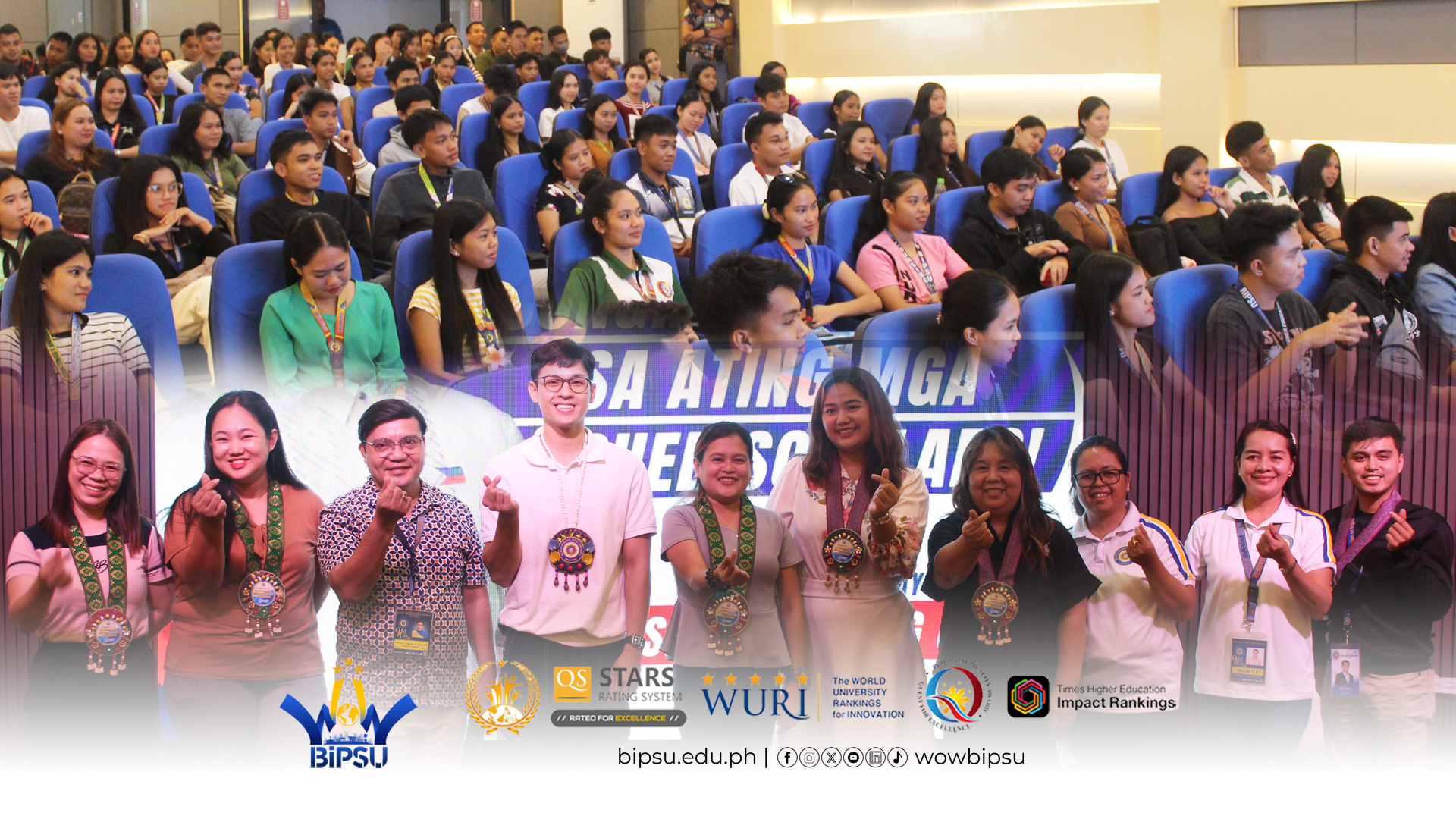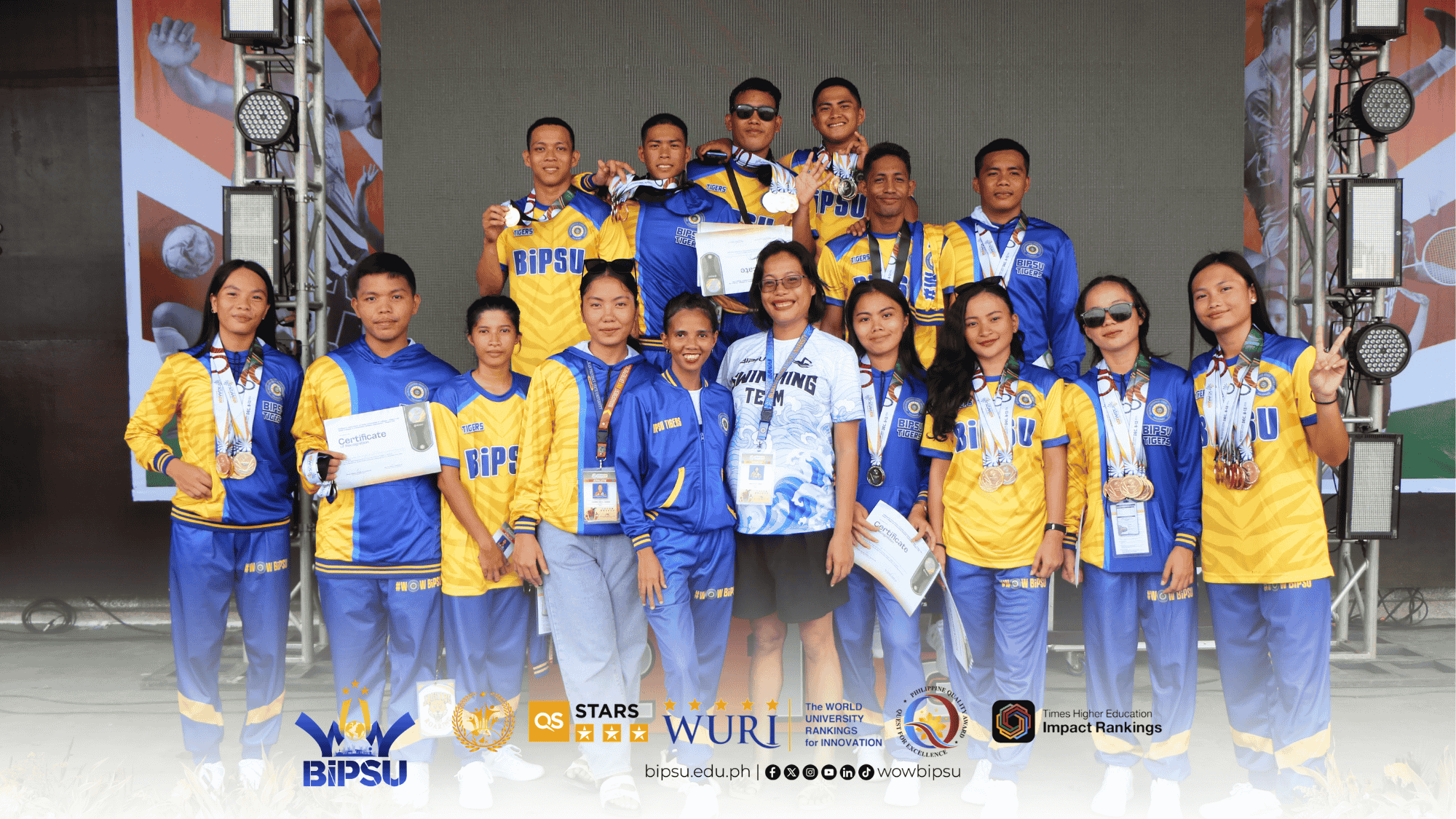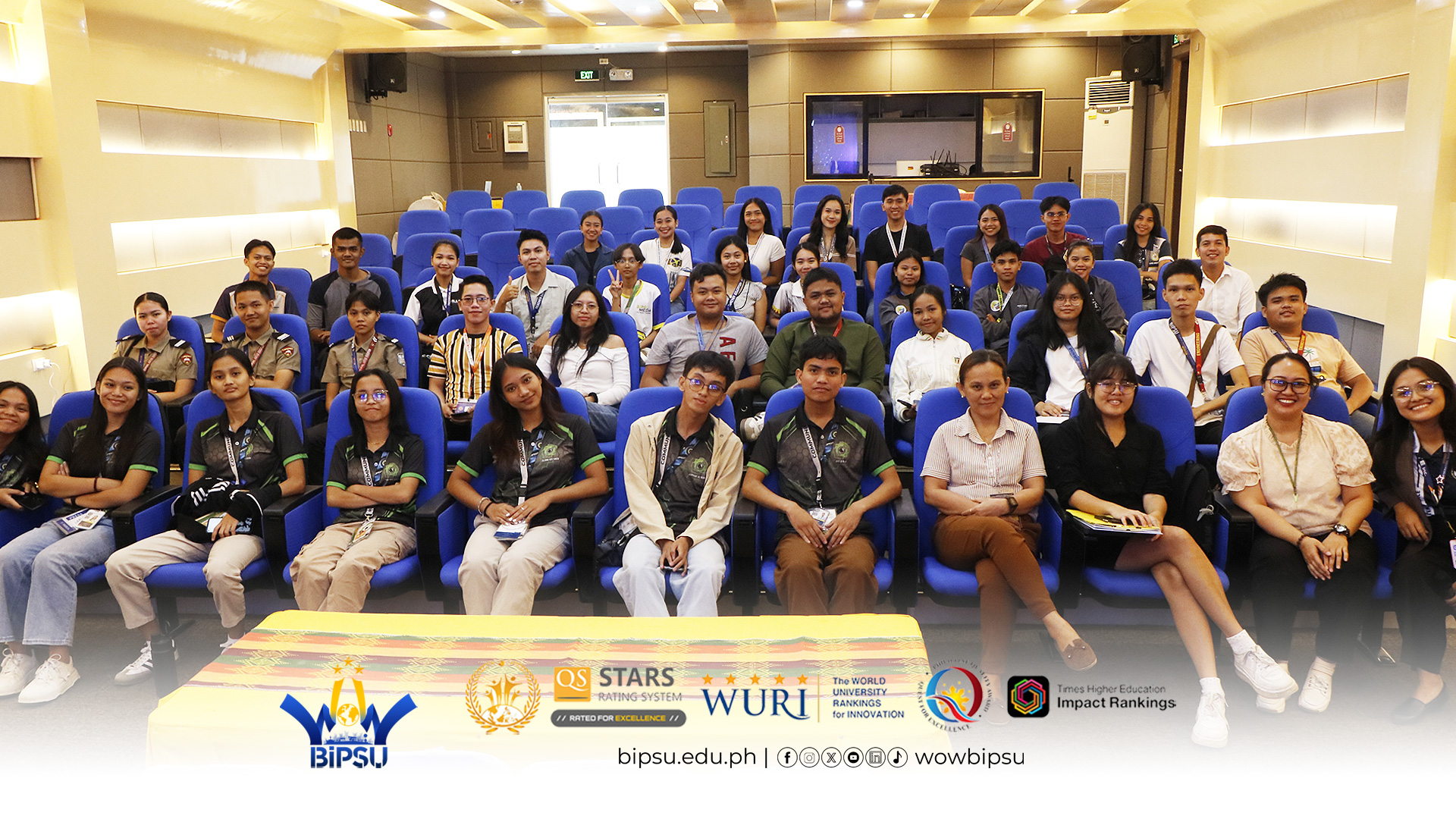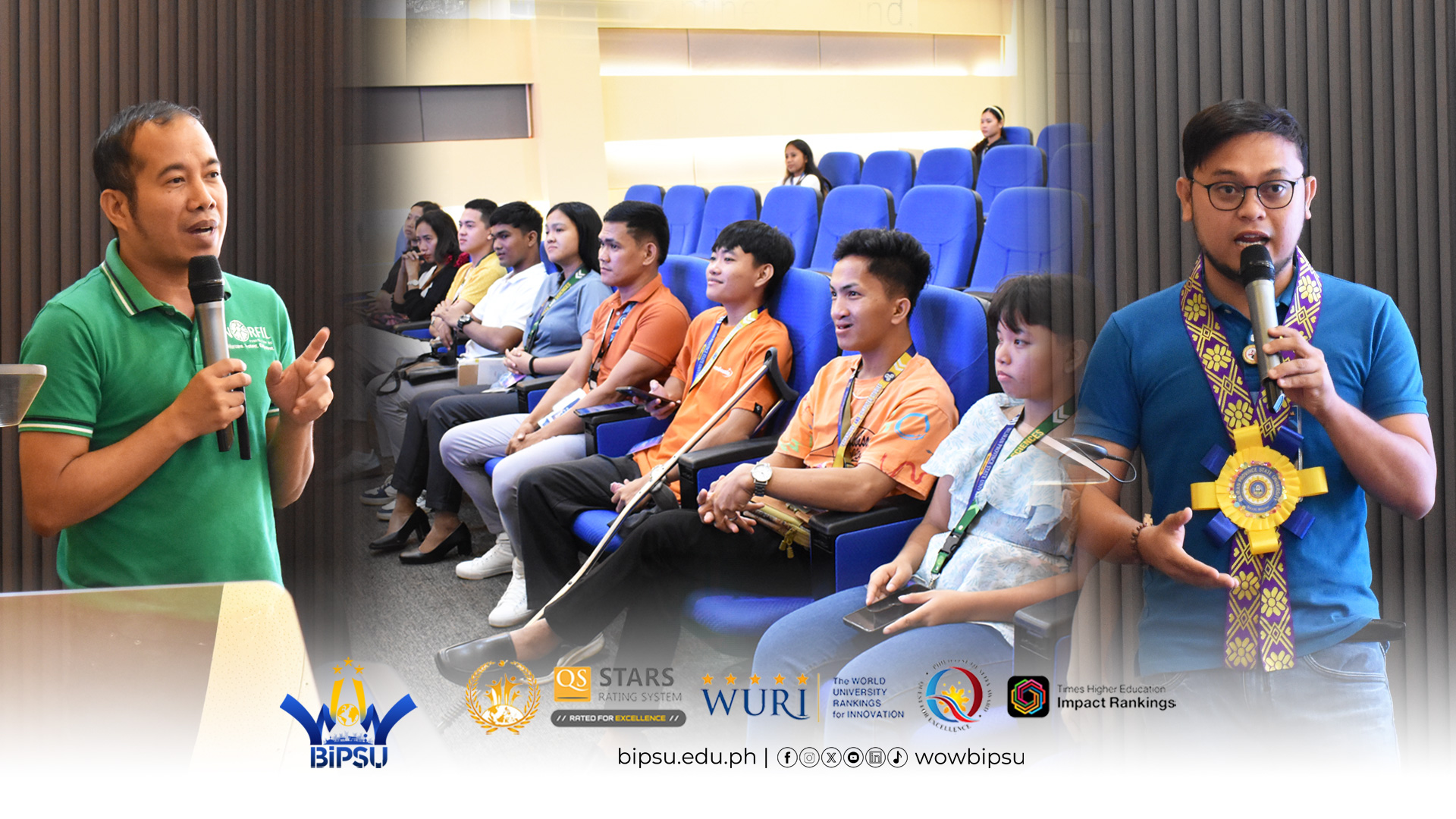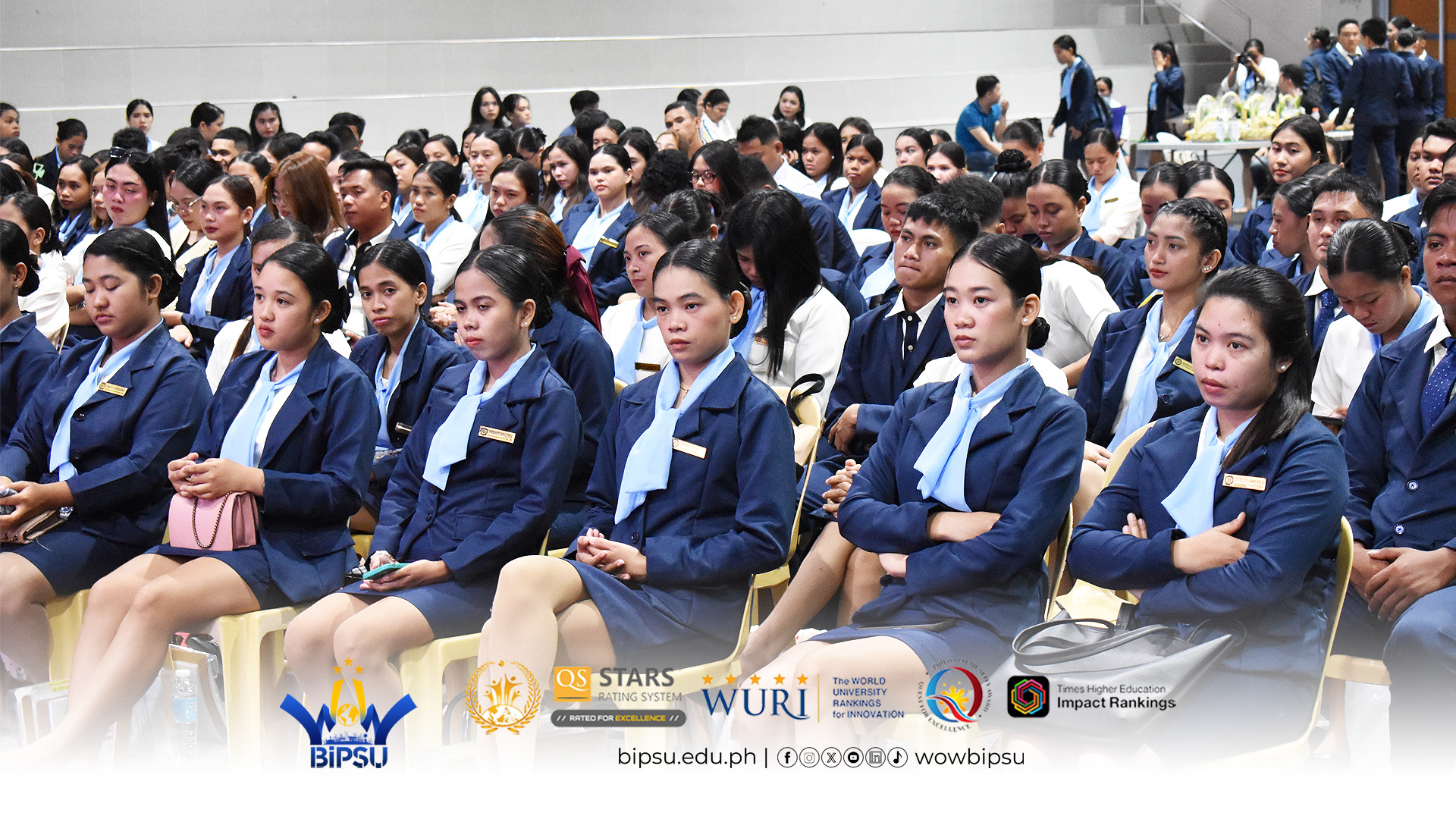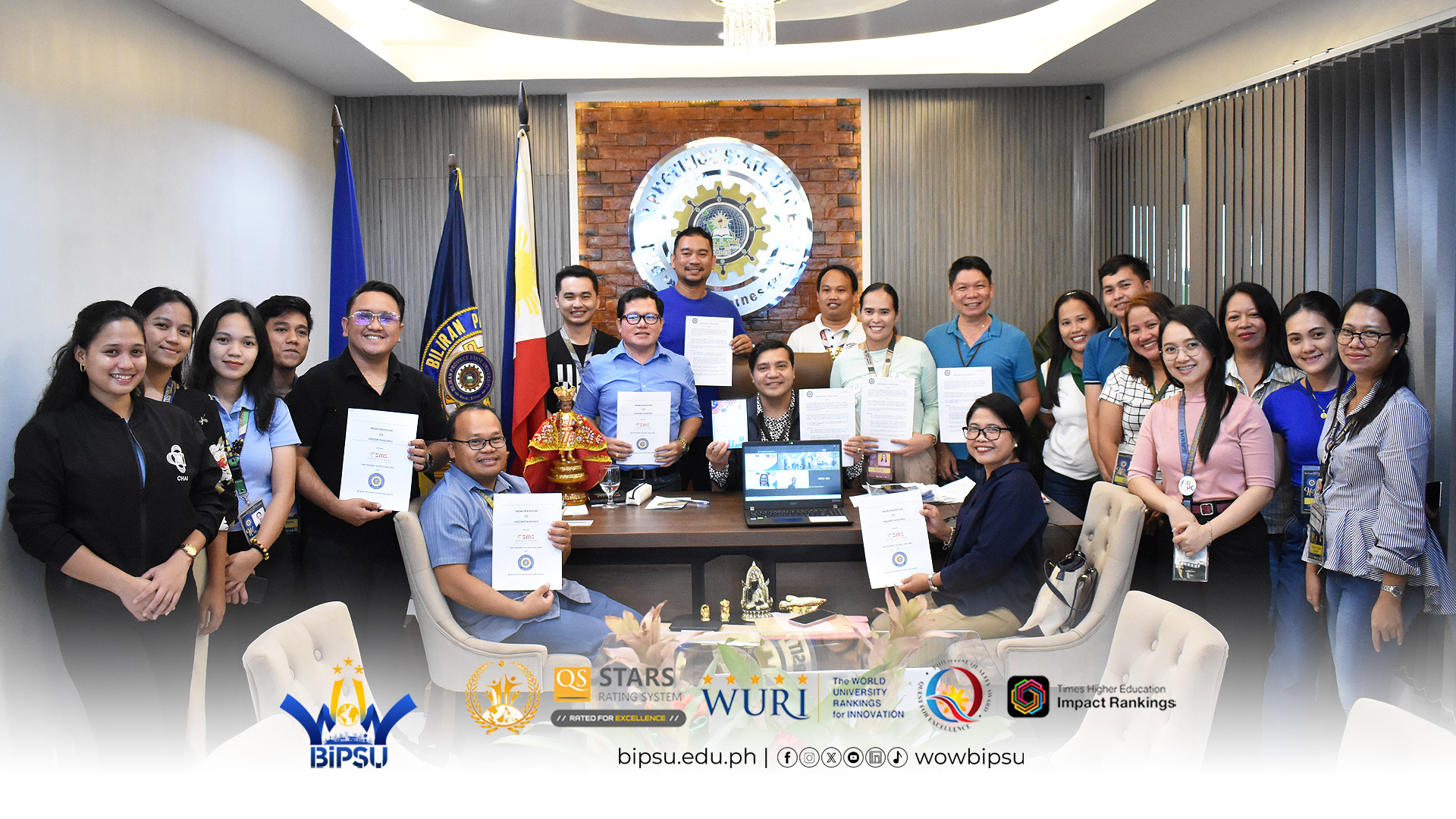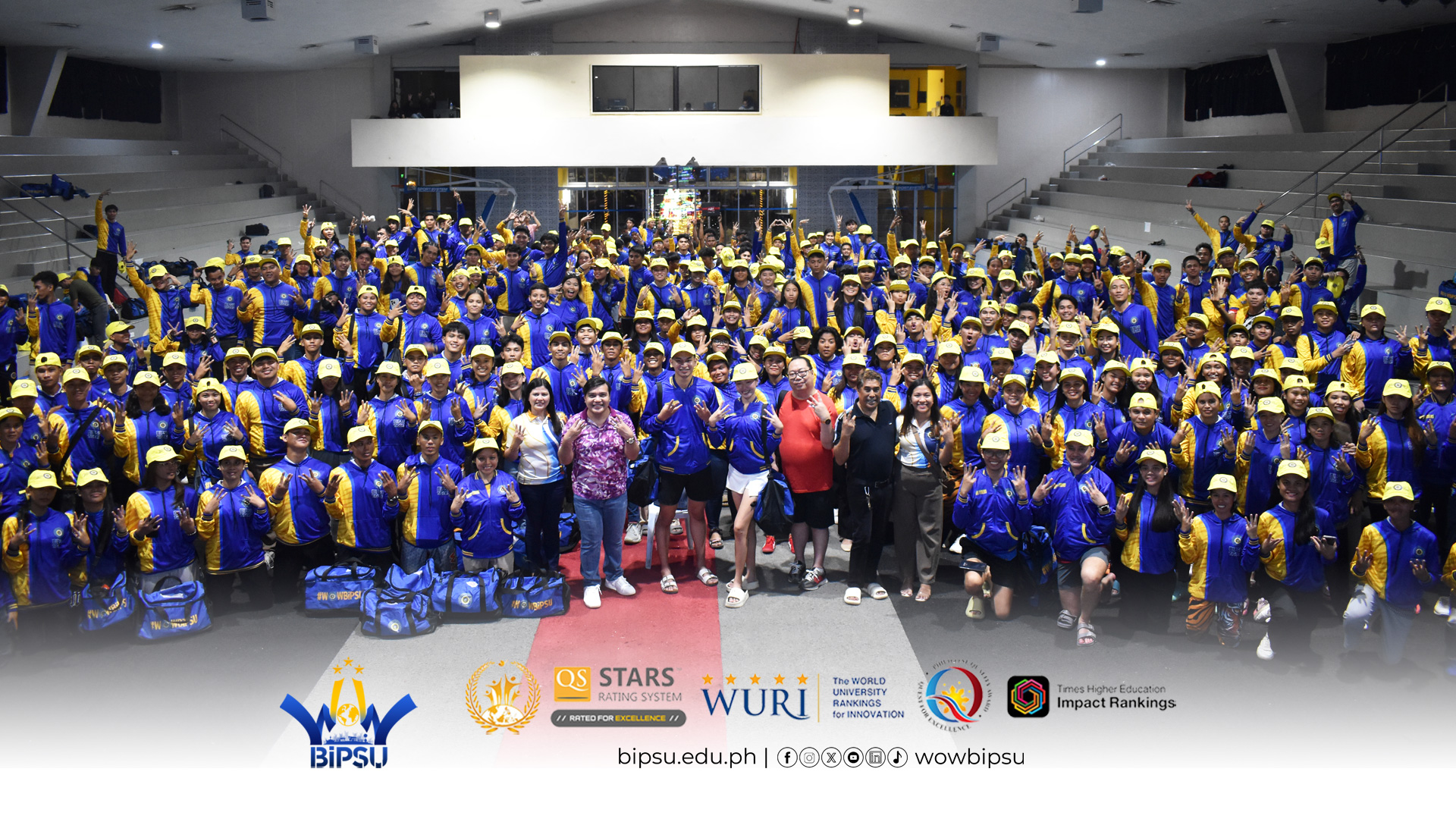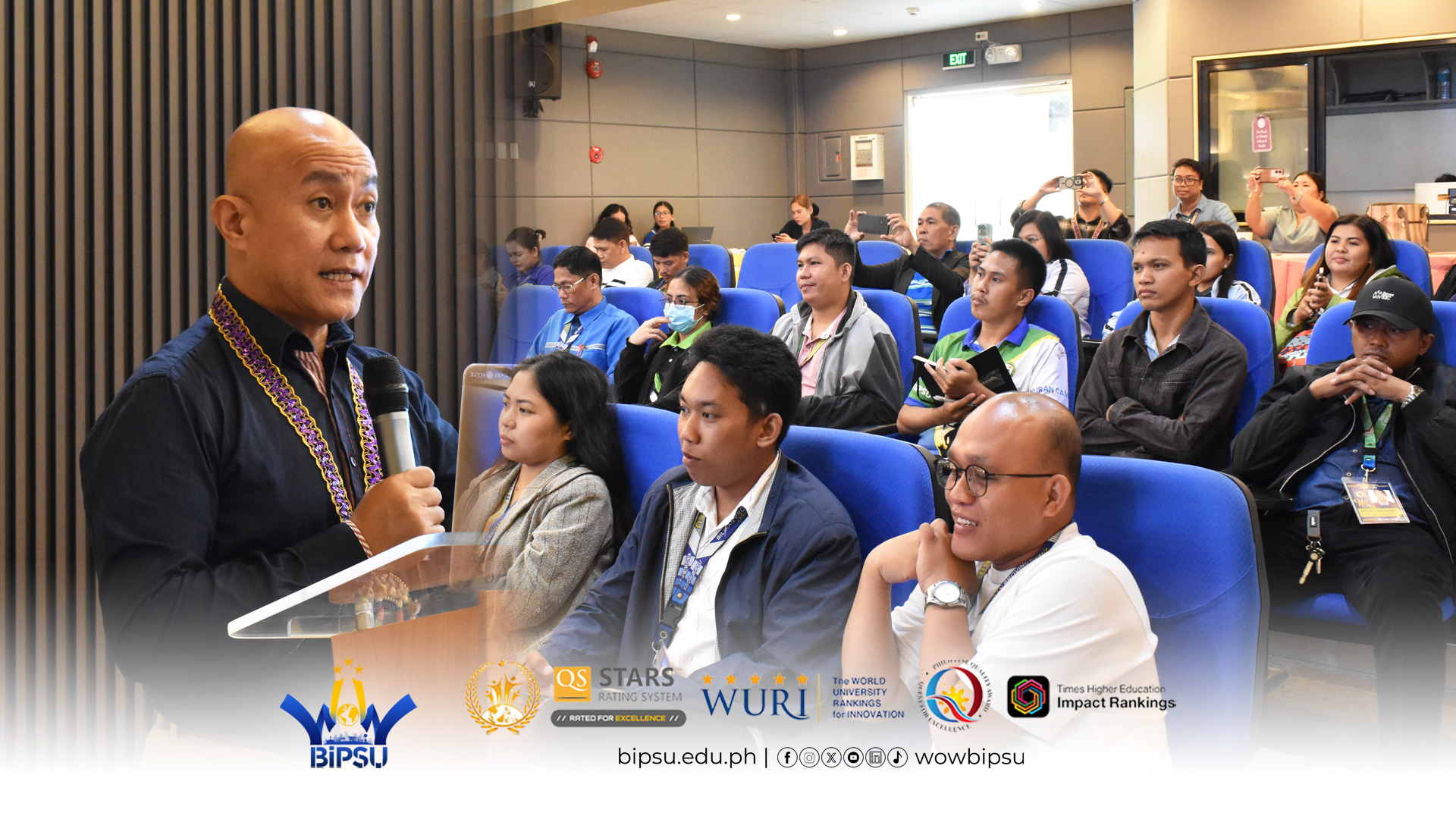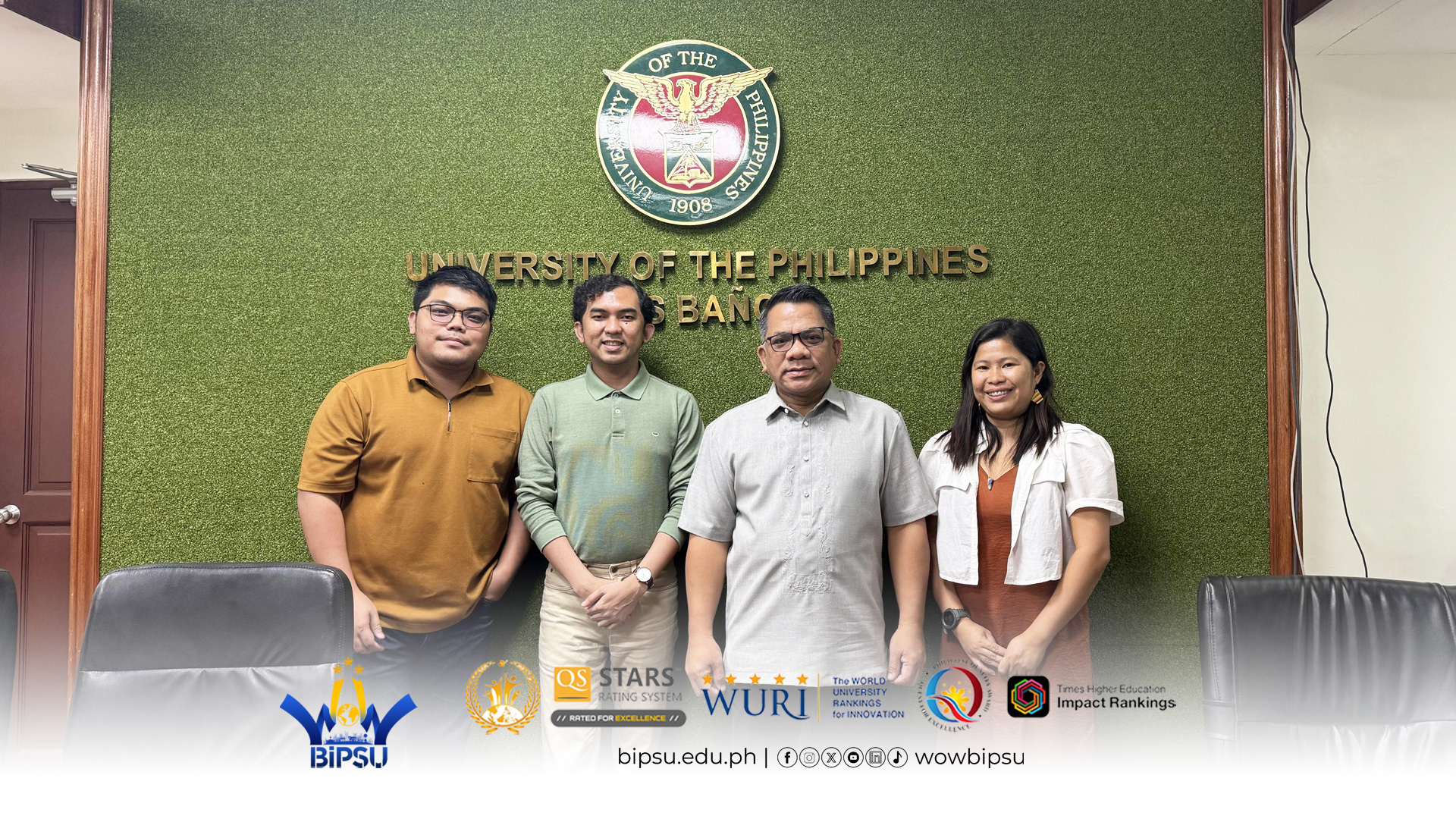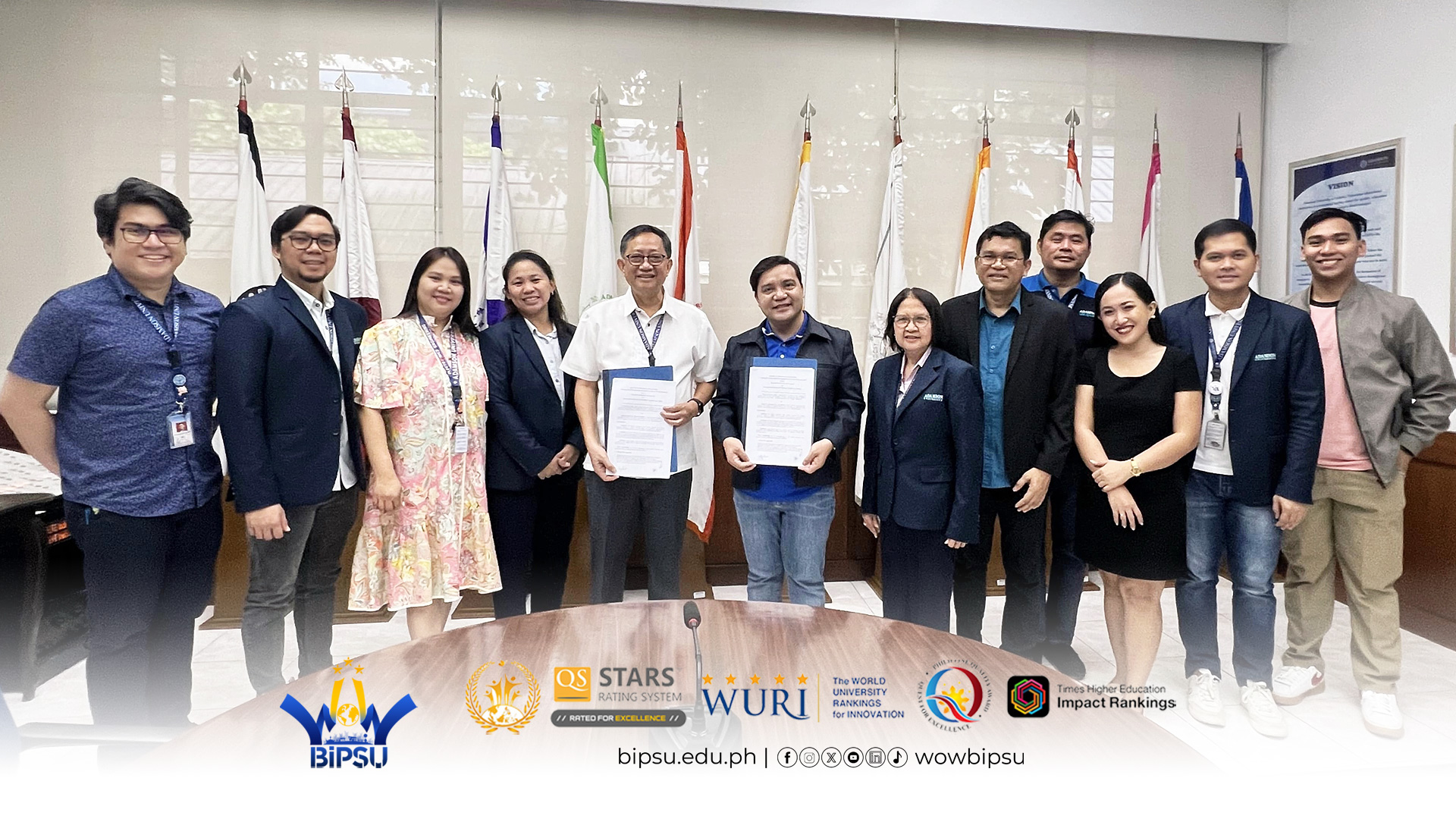- Written by Ms. Nica Bagion
- Read Time: 1 min
Biliran Province State University, through the Unified Student Financial Assistance (UniFAST) distributed scholarship grants to Tulong Dunong Program (TDP) scholars for the first semester of the Academic Year 2023-2024 on December 6, held at the university Hyflex Audio and Visual Center.
A total of P877, 500 was disbursed to 117 students under batch 6.1, receiving P7,500 each.
In his welcome address, University President Dr. Victor C. Cañezo, Jr. reminded scholars the importance of responsibility and stewardship.
“Use it wisely, nurture it with dedication, and allow it to transform your lives so you may one day give back to your families, communities, and our nation,” Dr. Cañezo said.
The university president also thanked the people behind this program including the Commission on Higher Education, UniFAST, and the hardworking staff at both the national and institutional levels.
“Thank you for your commitment to uplifting the lives of Filipino students. We also extend our heartfelt gratitude to the Filipino taxpayers, whose contributions make these programs possible,” he added.
In an interview with Kenneth Atok, a third-year BSED-English, shared how the scholarship has helped him as he’s ‘struggling’ financially.
“It's a big help for me to receive such a scholarship especially that I am struggling with my daily allowances and rental fees for my boarding house,” he said.
Moreover, Irene Rose Hugo, CHED Regional Office 8 representative, discussed the TDP processes including the grounds for termination and transfer process.
Notable guests include Senator Christopher Lawrence “Bong” Go representatives namely Legislative Officer and Scholarship Coordinator Paula Bermudez and Political Officer Pila Talavera- Cuyugan, Hon. Jake Espina, Kawayan vice mayor; Dr. Erwin G. Salvatierra, vice president for Student and External Services; and Commission on Higher Education Regional Office 8 (CHEDRO-8) representatives’ Irene Rose Hugol, Diana Jane Abedejos, and Chino Martin Del Valle.
According to the UniFAST Focal Person Shiela C. Salentes, the tentative release date for 1, 366 Tertiary Education Subsidy (TES) scholars is set on December 20, 2024.
The CHED Tulong Dulong Program is a notable initiative of the government to provide essential financial support to Filipino students pursuing higher education, targeting students facing economic challenges.
[This article aligns with Sustainable Development Goals No. 4: Quality Education]
